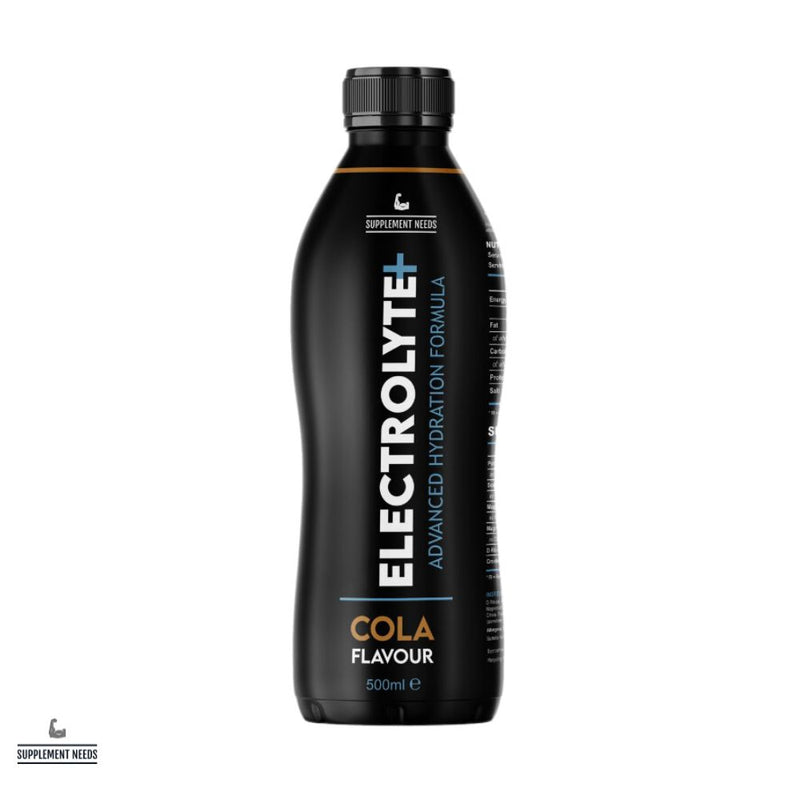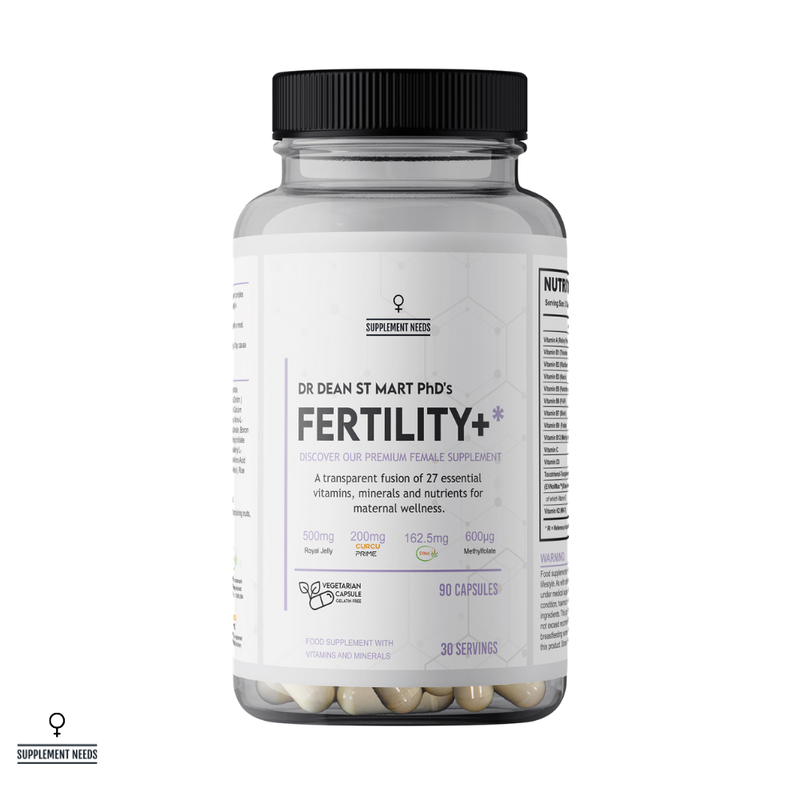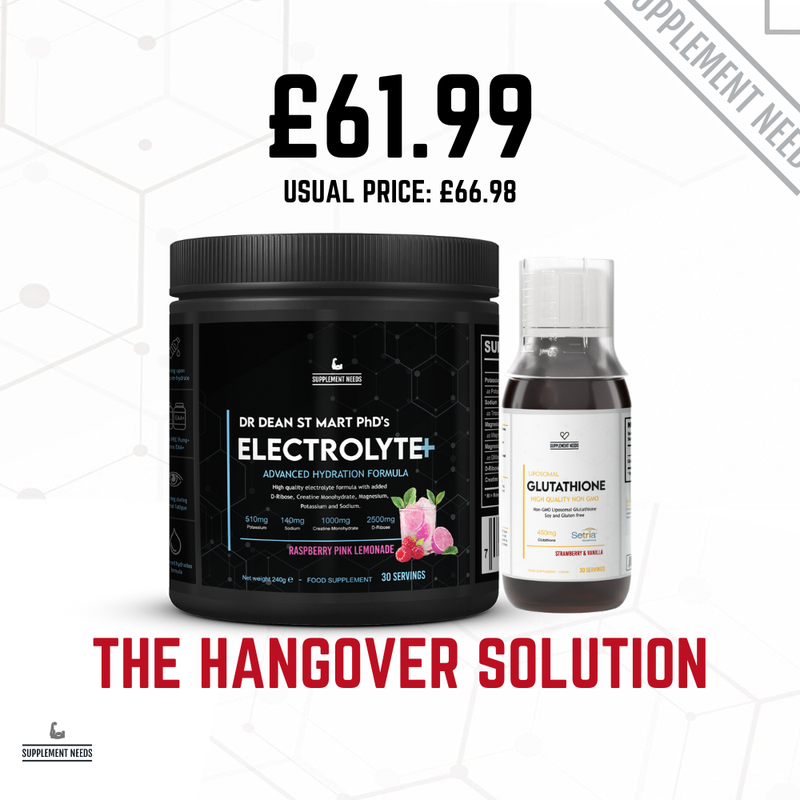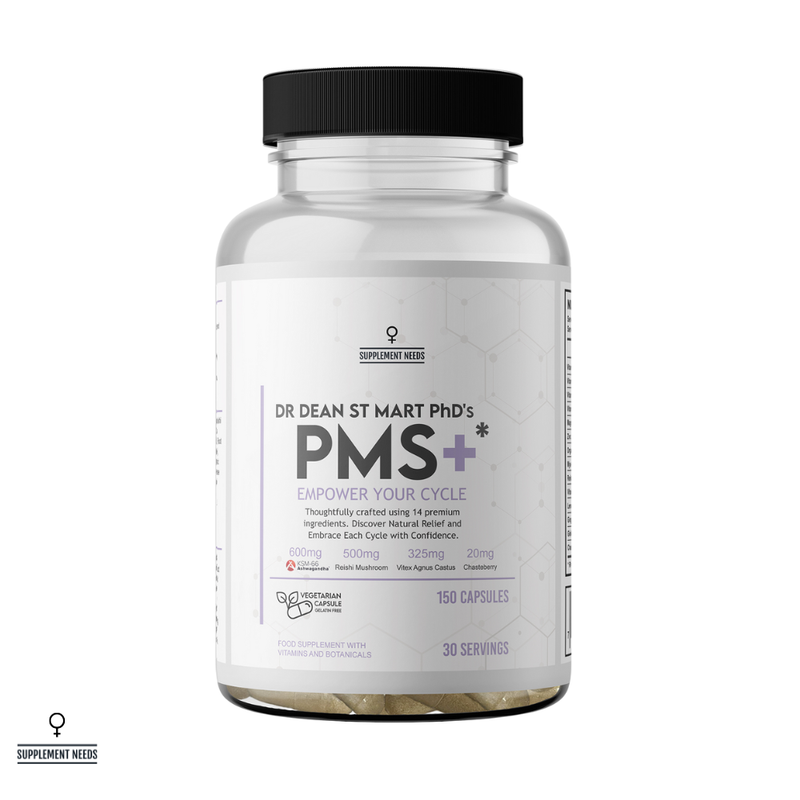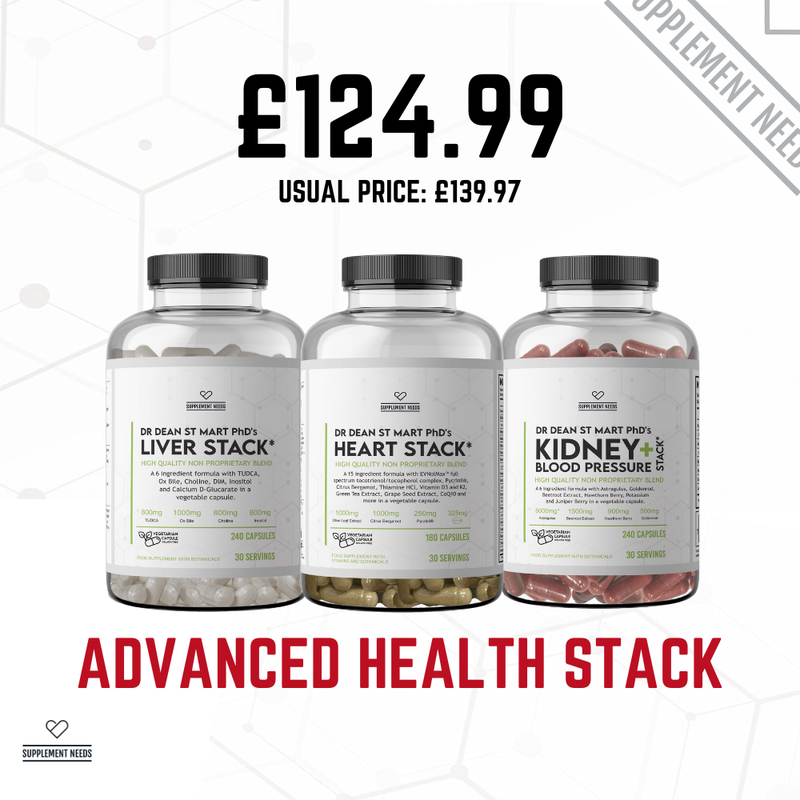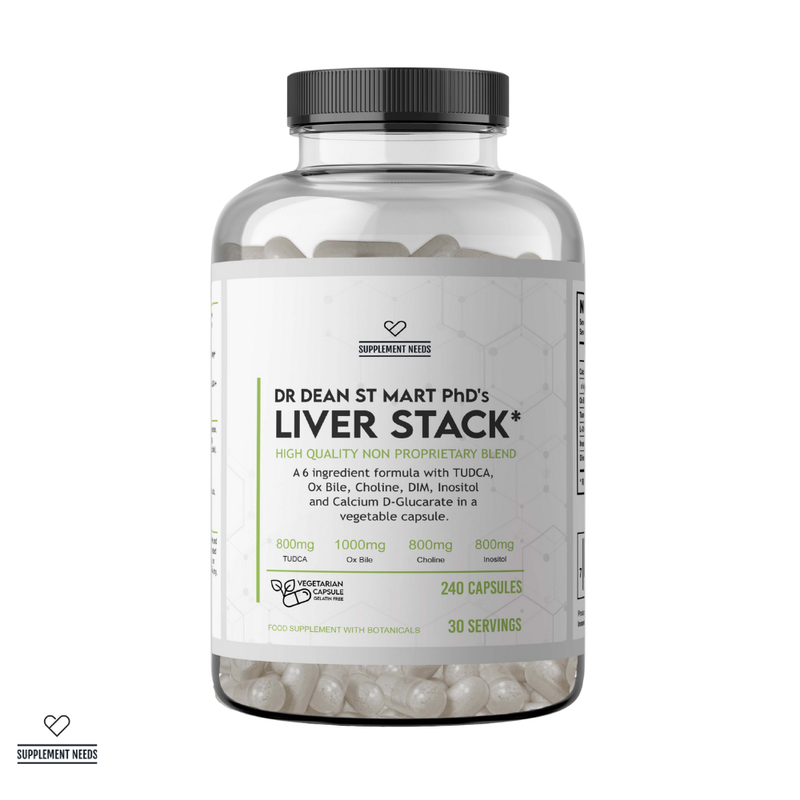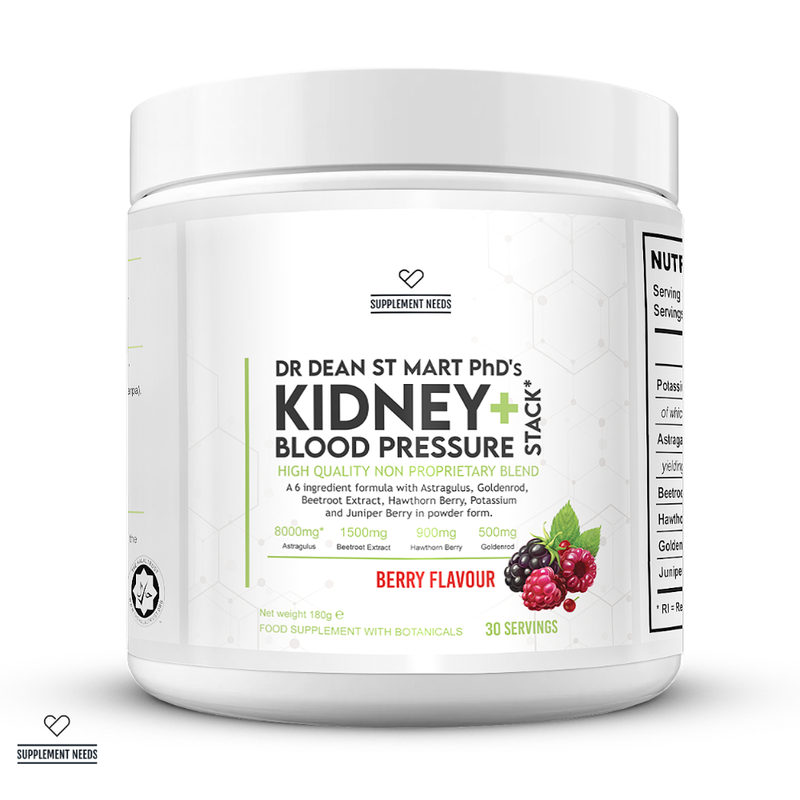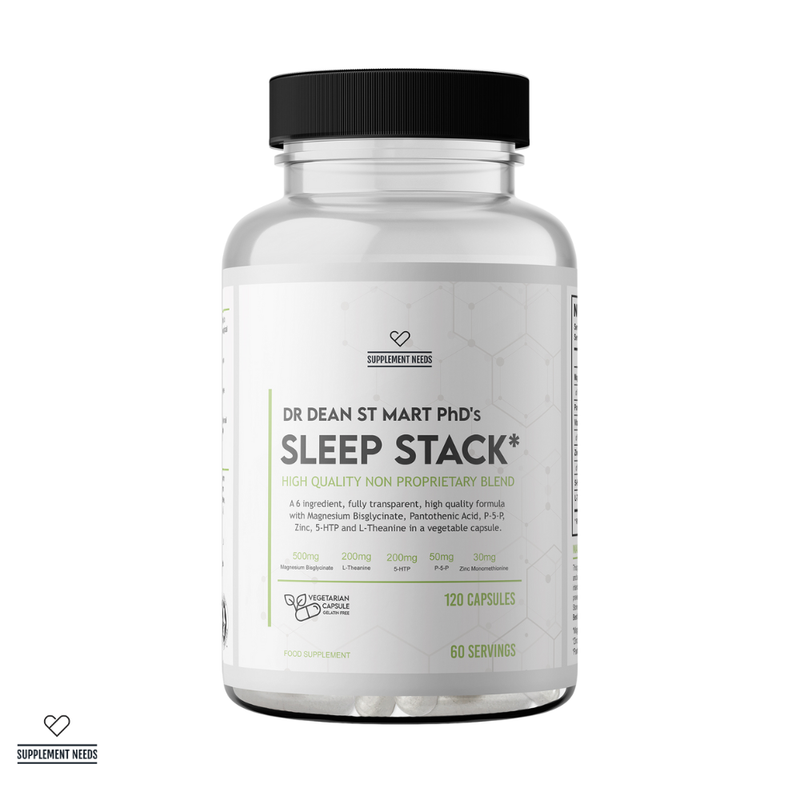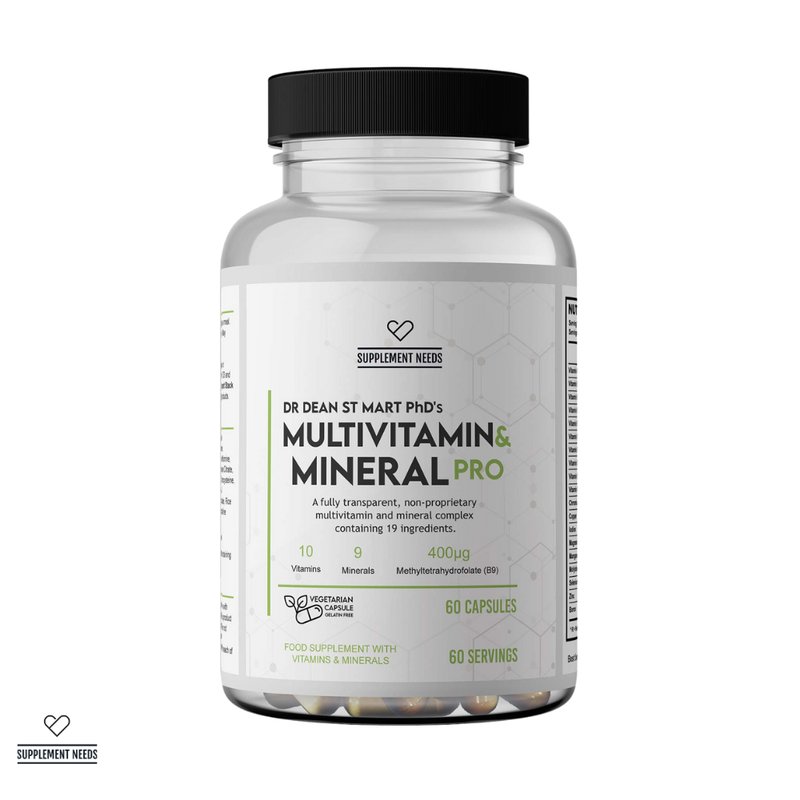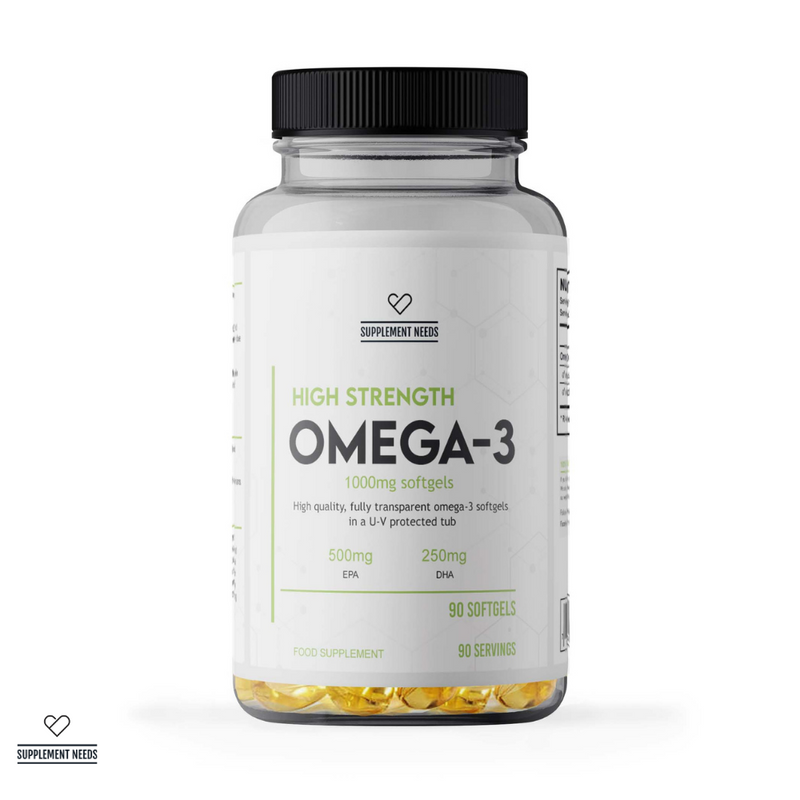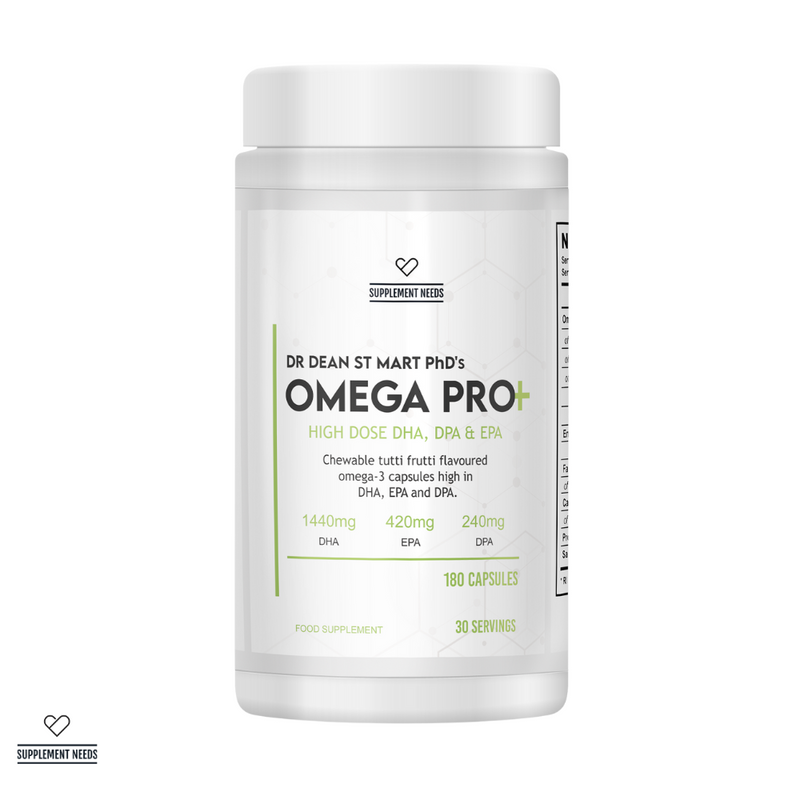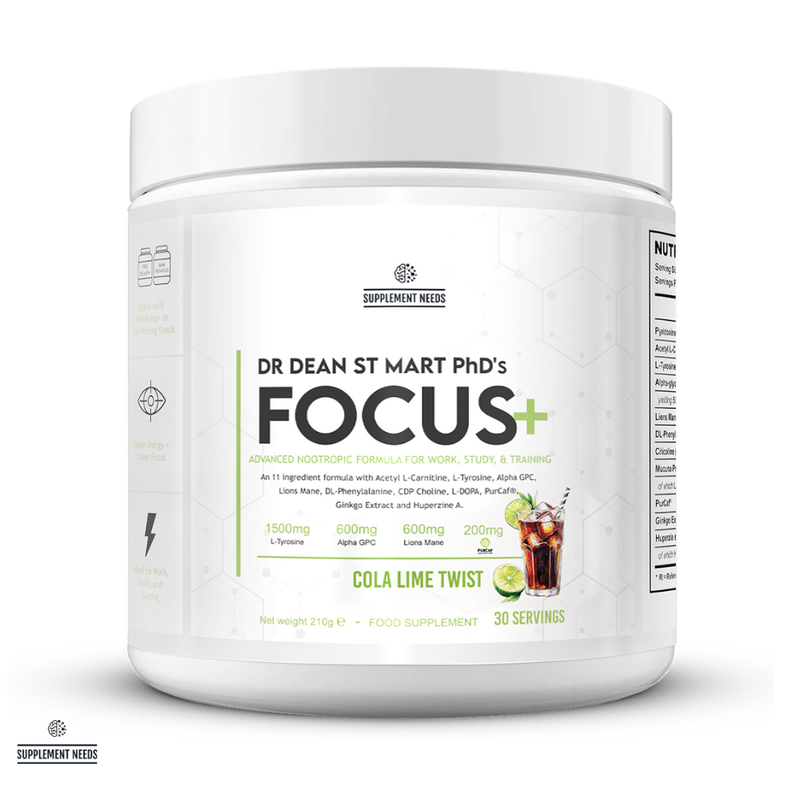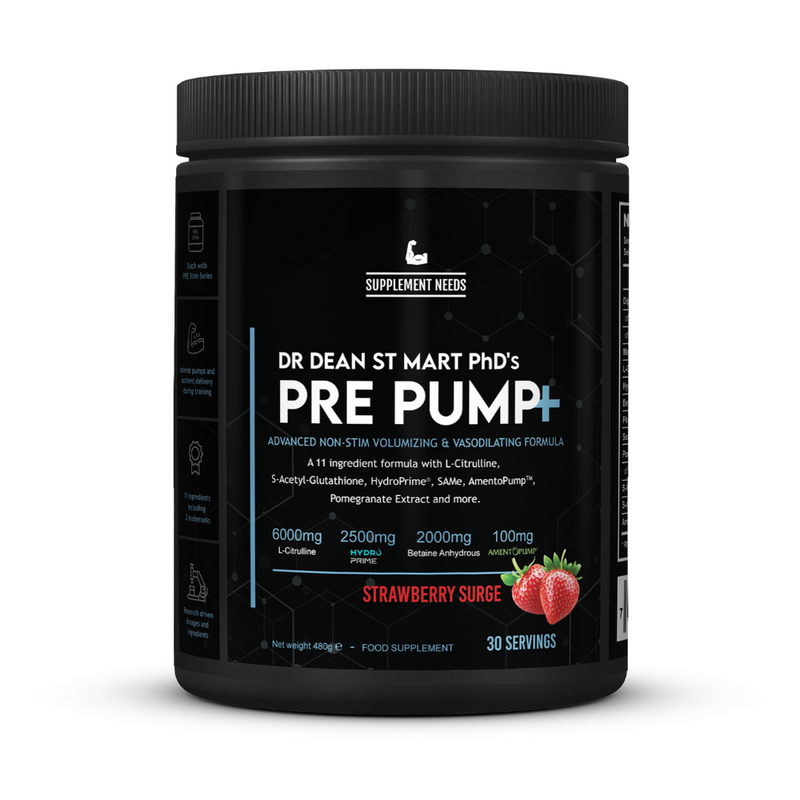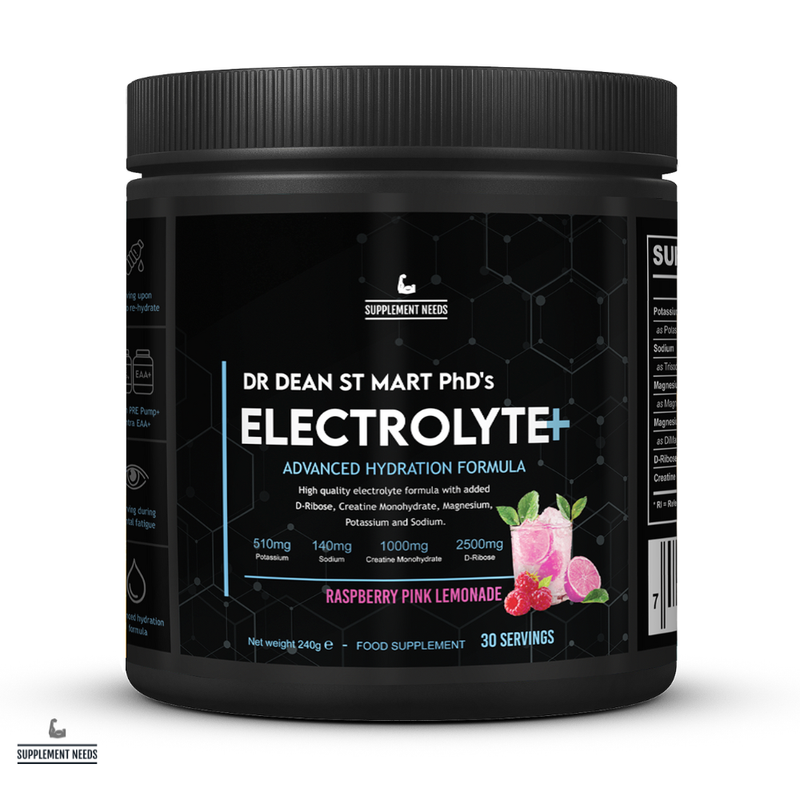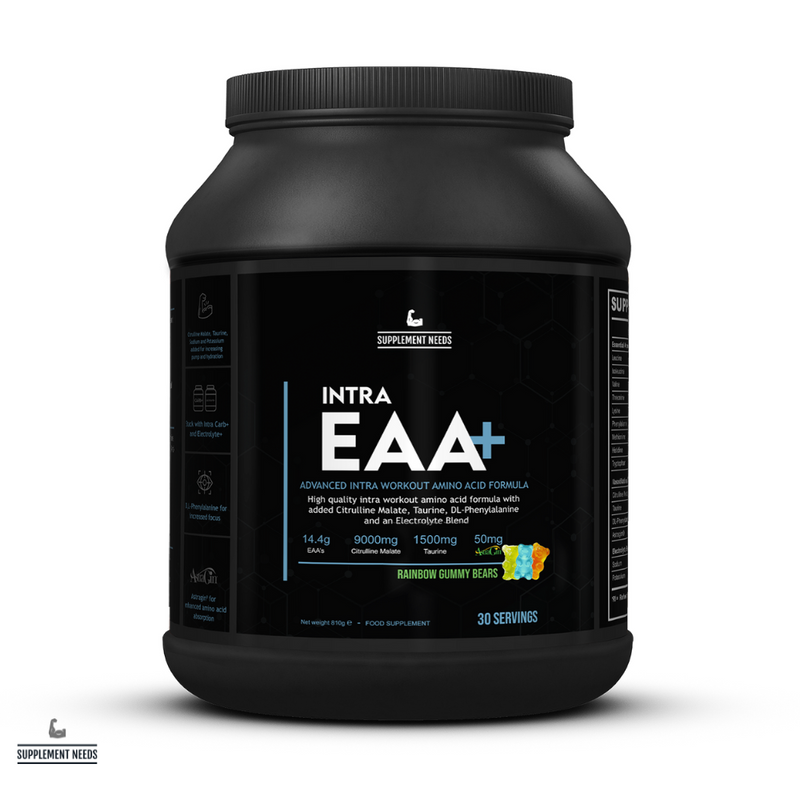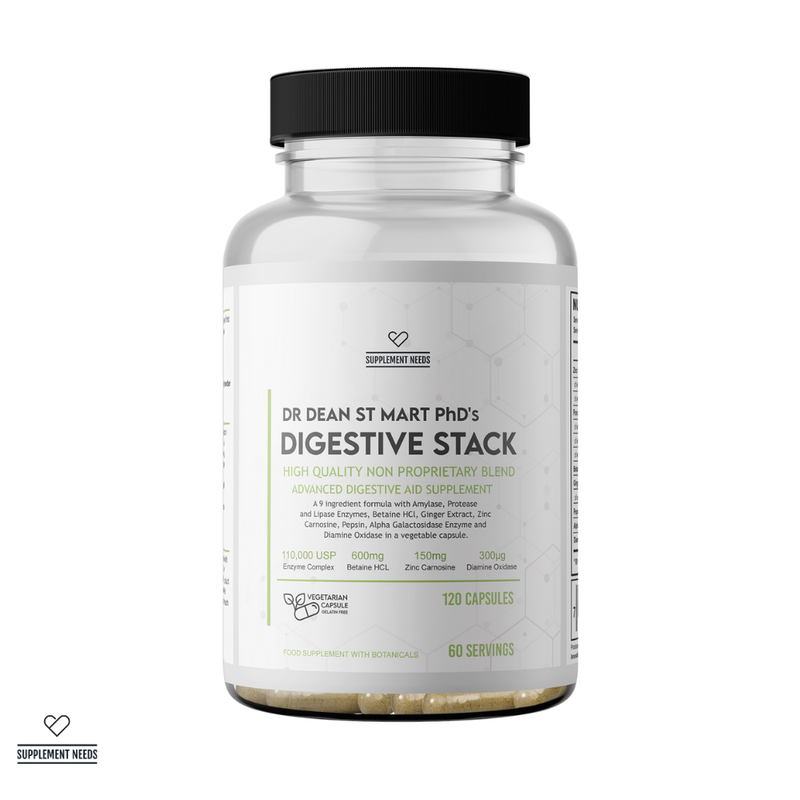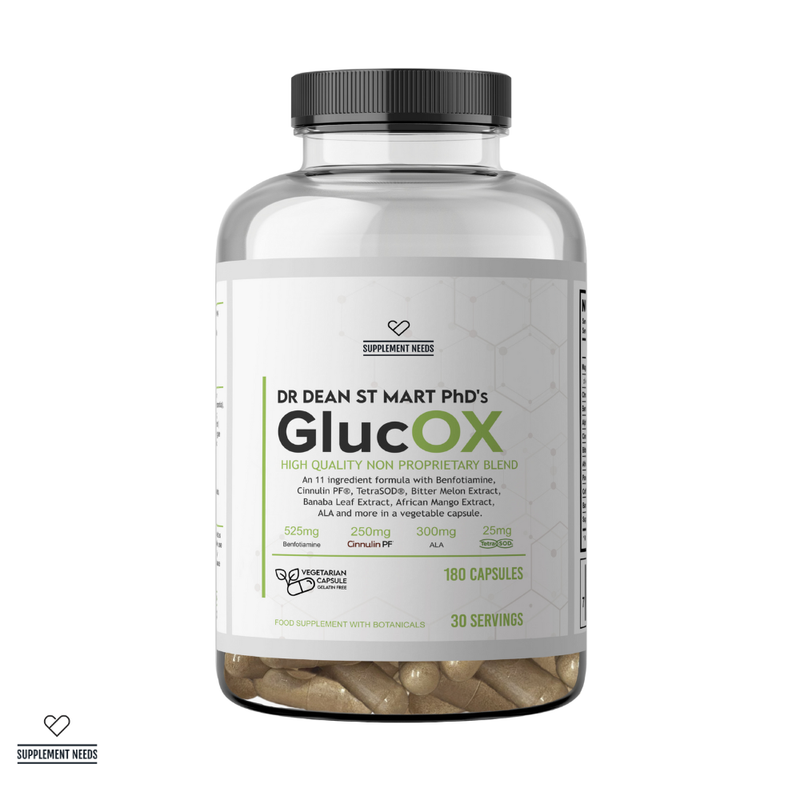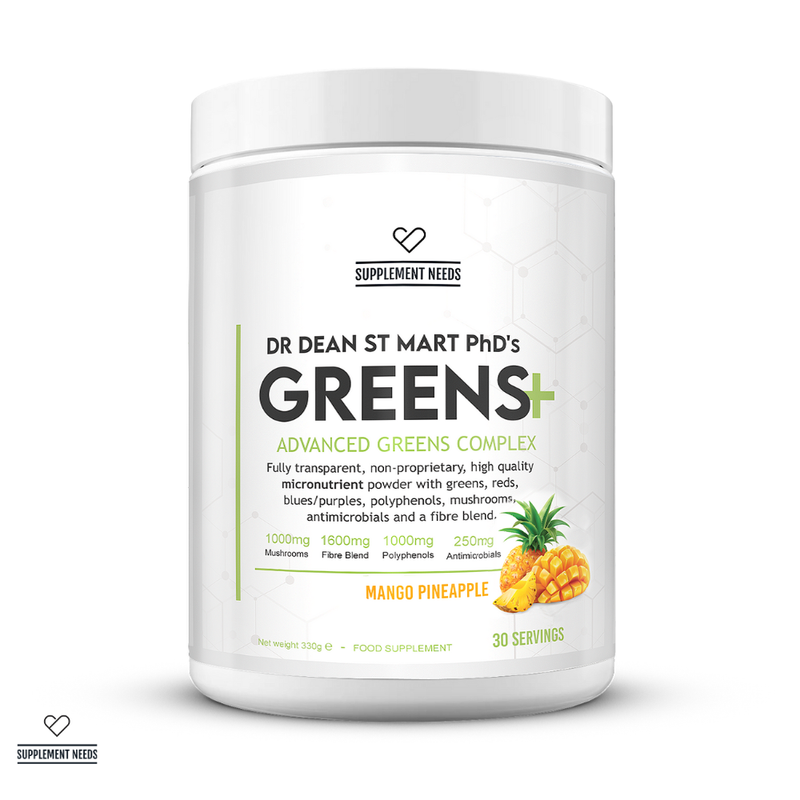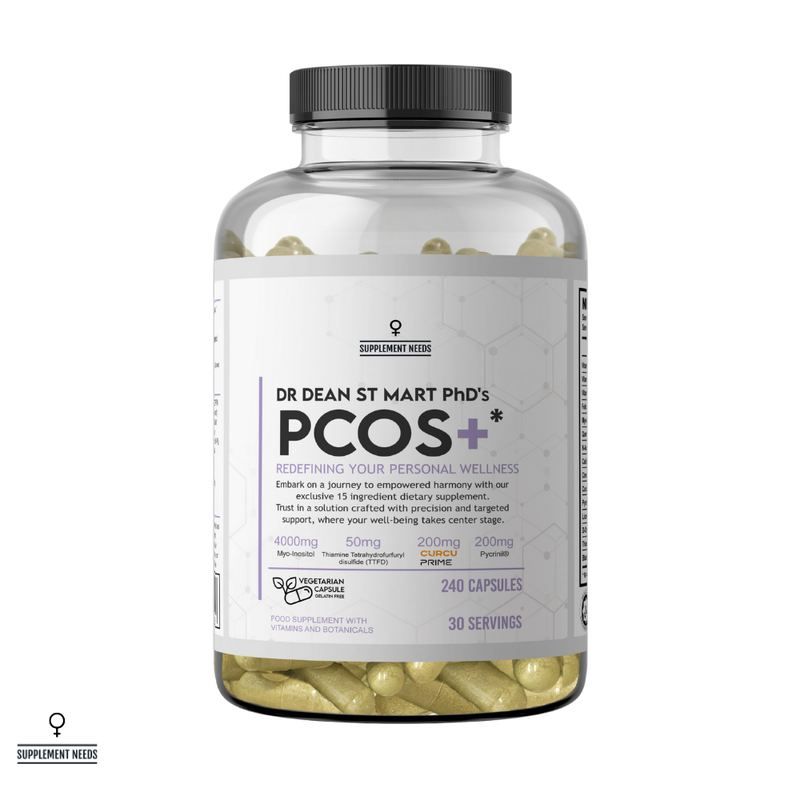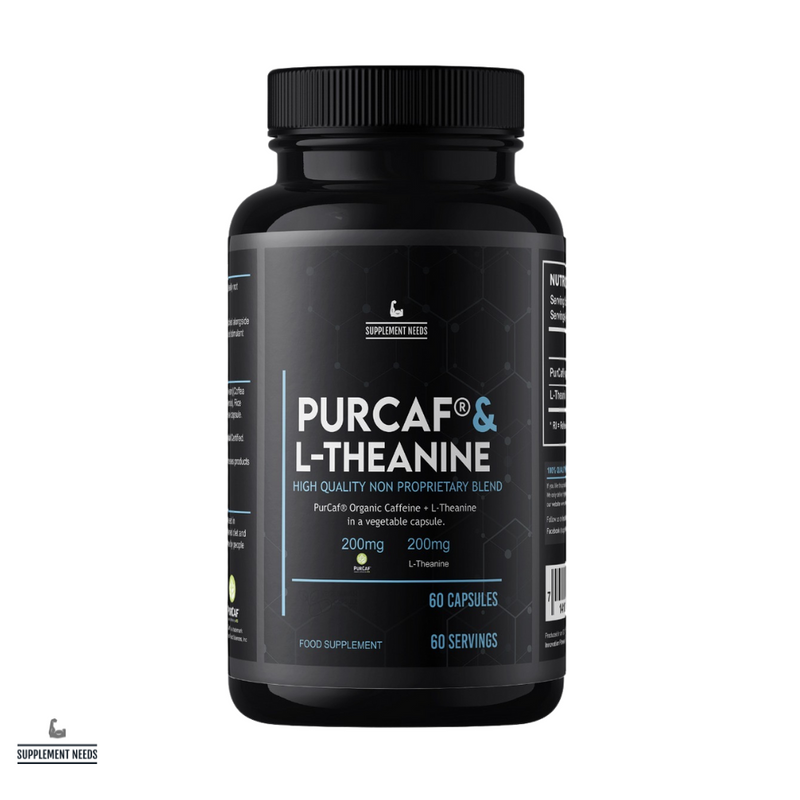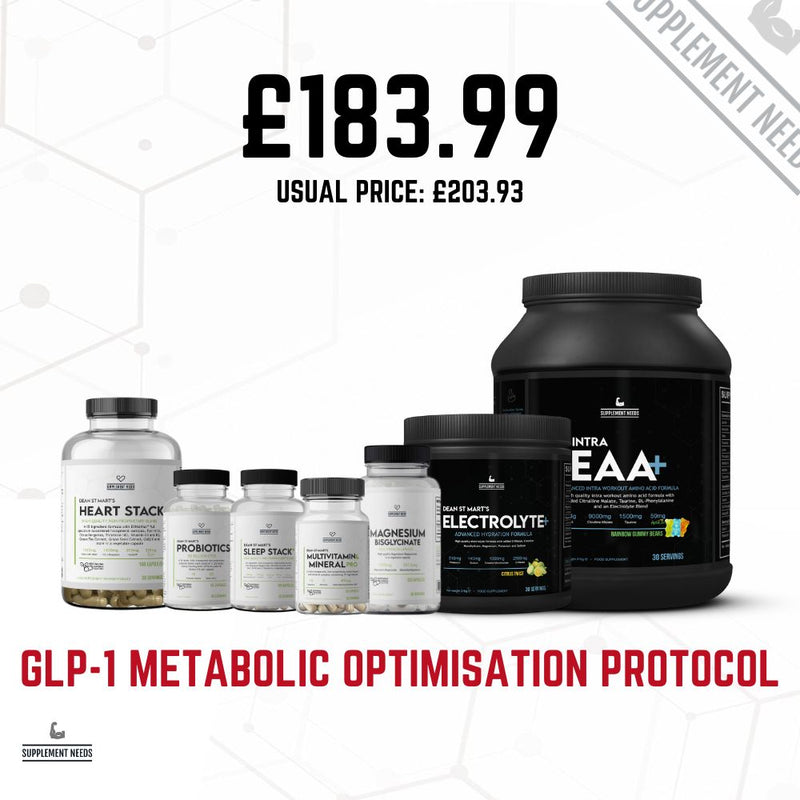Every so often a supplement makes headlines as offering myriad health benefits. In recent years, Curcumin has been just one supplement - linked to everything from weight loss to protection against inflammation. But, what’s the truth? Is Curcumin worth adding to your supplementation regime? The Supplement Needs team investigates…
What is Curcumin?
Like many supplements and micronutrients, awareness of Curcumin is widespread. But, when it comes down to defining exactly what it is, most people struggle.
So, that’s where we’ll begin our investigation; defining Curcumin.
Handily, there is an academic definition of Curcumin already available to us. Here’s how the National Institutes of Health (NIH), defines Curcumin:
‘A natural substance that comes from the underground stem of an East Indian plant called turmeric… The turmeric plant has been used for many years in traditional Asian medicine to treat certain conditions’1.
That sounds simple enough, doesn’t it?! But, if you’re a regular reader of the Supplement Needs blog, then you’ll know that we love to delve into the details.
So, let’s do just that.
We know that Curcumin is ‘a natural substance’ that comes from the turmeric plant (which itself has the binomial name Curcuma longa). But, what kind of substance is it? The answer is that Curcumin is what’s known as a polyphenol - more specifically, a diarylheptanoid, a class of plant secondary metabolites2.
It’s important to note that - within turmeric - Curcumin is one of a series of curcuminoids. Other curcuminoids present in turmeric include demethoxycurcumin and bisdemethoxycurcumin. Of these, Curcumin is the most widely studied and considered to be most potent in terms of potential health benefits.

As we’ll see - from its initial identification in 1815 by Henri Auguste Vogel and Pierre Joseph Pelletier, when the two chemists reported the first isolation of a “yellow colouring-matter” from the rhizomes of turmeric3 - Curcumin has been linked with a number of potential health benefits.
Summary - Curcumin is a type of polyphenol that is derived from turmeric, a deep, golden-orange spice which is obtained from the rhizome (root) of Curcuma longa4, a flowering plant native to the Indian subcontinent and Southeast Asia.
Is Curcumin the same as turmeric?
You may often see the two terms Curcumin and turmeric used interchangeably. And, that’s understandable given that Curcumin is obtained via turmeric.
But, the answer is no. Curcumin and turmeric are not the same thing.
The best way to think of the relationship between the two is that Curcumin is the most biologically active component of turmeric (as we saw earlier, Curcumin is one of a number of natural phenols grouped together under the term ‘circuminoid’).
Curcumin is typically obtained from the rhizome of the turmeric plant using the soxhlet extraction method5. Soxhlet extraction is an exhaustive process that sees a solid (in this case turmeric root) repeatedly washed in solvents over an extended period of time.
So, make sure you don’t get the two things confused! This is especially important when you are purchasing supplements. Some unscrupulous brands market turmeric supplements that contain minimal amounts of curcuminoids - effectively preying on peoples’ confusion between turmeric and Curcumin!

What is Curcumin good for? The potential health benefits of Curcumin
Like many natural compounds, Curcumin has been linked to a number of potential health benefits. As a result, Curcumin has been subject to a considerable amount of study with some of the claimed benefits of Curcumin having a considerable amount of literature behind them.
Thus, if you’re wondering whether Curcumin supplementation is right for you, explore the many potential benefits that we’ve outlined below.
Curcumin as an anti-inflammatory
One of the biggest potential benefits of Curcumin is its properties as a strong antioxidant, thus helping to reduce harmful inflammation within the body.
In particular, studies have shown that Curcumin can have an anti-inflammatory protective effect against inflammation in the joints. One 2022 study found that Curcumin’s anti-inflammatory properties can go so far as to reduce pain in individuals with osteoarthritis.
As the study6 (which compared Curcumin supplementation against a placebo) concluded:
‘Results from this literature review suggest that curcumin can be considered by physicians as an adjunctive therapy to traditional therapies for osteoarthritis, as it does appear to offer benefit in pain relief compared to placebo… curcumin appears to be a safe and effective addition to osteoarthritis treatments for patients, and should not be overlooked by physicians’.
So, how does Curcumin achieve this? How is it such an effective anti-inflammatory agent?
According to the Arthritis Foundation, Curcumin acts upon certain pathways, particularly targeting inflammation agents such as cytokines. Here’s how the Arthritis Foundation characterises the mechanism of action of Curcumin in relation to inflammation:
‘ Curcumin seems to target specific molecules or pathways that control the cell cycle. It also blocks inflammatory cytokines and enzymes, including cyclooxygenase-2 (COX-2), the target of the pain reliever celecoxib (Celebrex). That’s why studies have shown that it can be helpful for people with osteoarthritis (OA). For example, a 2021 review of 15 randomised controlled trials found curcumin relieved OA pain and stiffness as well or better than nonsteroidal anti-inflammatories (NSAIDS) like ibuprofen and celecoxib - minus potentially serious side effects. Doses ranged from 40 mg of a highly bioavailable form of curcumin to 1,500 mg’7.
Curcumin has also been suggested to have a therapeutic effect upon a variety of other inflammatory conditions. Consider inflammatory bowel disease (IBD). For example, studies have shown that Curcumin ‘can inhibit the production of pro-inflammatory factors such as IL-1, IL-6, IL-8, and TNF-ɑ by regulating the TLR4/NF-κB/AP-1 signaling pathway, which is beneficial to improve intestinal inflammation in patients with IBD’. The same study also indicated that Curcumin may potentially have a therapeutic impact on other inflammatory bowel conditions such as Crohn’s disease, ulcerative colitis, and necrotising enterocolitis89.
On a slightly more tenuous basis, Curcumin has also been linked to the alleviation of psoriasis. One - admittedly small - study concluded that ‘Curcumin was demonstrated to be effective as an adjuvant therapy for the treatment of psoriasis vulgaris and to significantly reduce serum levels of IL-22’10.
However, as one literature review suggested, ‘There have been some clinical trials of curcumin for psoriasis, but the level of evidence is low, and the sample size is small’11.
Summary - one of the purported benefits of Curcumin with the heaviest burden of evidence is its properties as a powerful anti-inflammatory. If you want to potentially combat inflammation, then consider adding Supplement Needs Curcumin to your diet.
Curcumin as an antioxidant booster
After its properties as an anti-inflammatory, Curcumin is widely regarded as an exceptionally powerful antioxidant.
Beyond being a powerful antioxidant in and of itself, the scientific evidence suggests that Curcumin can actually help your body to produce more antioxidants, thus boosting free radical scavenging activity.
A paper in Nature suggests that ‘Curcumin can stimulate both the activation of antioxidant enzymes and the decrease in expression of pro-inflammatory cytokines such as MCP-1, TNF-a, IL-6 e IL-1b through the activation of the NRF2 pathway’12.
In this sense, Curcumin can potentially play a ‘dual role’ as a supplement, both playing an innate antioxidant role and stimulating the body’s production of further antioxidants.
We’re not merely citing individual studies here, either.
Take a 2020 meta analysis13 that covered studies involving 308 participants. This meta-analysis concluded that across these studies (which included both double-blind and single-blind randomised controlled trials) that ‘Pure curcumin has the potential to reduce MDA (malonaldehyde - an oxidative stress marker) concentration and increase total antioxidant capacity’.
Summary - Curcumin is not only itself a powerful antioxidant, but can stimulate those pathways in the body that can produce further antioxidants.

Curcumin and cardiovascular health
Despite the best actions of public health professionals, heart disease remains one of the UK’s major non-communicable diseases and causes of mortality.
In fact, coronary heart disease is responsible for around 68,000 deaths in the UK each year14.
Yet, a growing body of evidence points to the fact that Curcumin may have a protective effect against cardiovascular disease. One literature review found that ‘Curcumin can significantly protect cardiomyocyte injury after ischaemia and hypoxia, inhibit myocardial hypertrophy and fibrosis, improve ventricular remodelling, reduce drug-induced myocardial injury, improve diabetic cardiomyopathy (DCM), alleviate vascular endothelial dysfunction, inhibit foam cell formation, and reduce vascular smooth muscle cells (VSMCs) proliferation’15.
That’s a considerable list of potential benefits. Of these, it’s arguably Curcumin’s role in alleviating endothelial dysfunction that may be the most impactful16. Why?
Because, endothelial dysfunction is a major driver of heart disease.
The endothelium is perhaps the least well known of the body’s organs.
What is it? Well, without going into too much detail, the endothelium is a single layer of cells that lines all of your blood vessels (including the arteries, veins, capillaries, and lymph capillaries)17. Think of the endothelium as being a layer that helps your blood and tissues interact with each other. Thus, it’s absolutely essential that your endothelium is able to stay healthy and functional.
If your endothelium becomes dysfunctional this can lead to it being unable to regulate your blood pressure, blood clotting and other factors. As studies have pointed out, endothelium dysfunction, ‘plays a key role in the development of atherosclerosis, arterial hypertension, heart failure, ischaemia-reperfusion injury, Alzheimer’s disease and other conditions’18.
In short, you want to keep your endothelium healthy!
And, Curcumin has been strongly linked to endothelial protective effects.
As a 2017 study found19, Curcumin - at 2,000 mg/day for 12 weeks, is well tolerated and improves both resistance and conduit artery endothelial function in healthy middle-aged and older men and postmenopausal women.
Whilst this is a positive finding, it’s not the only one from the study. It was also observed that Curcumin supplementation also increased vascular nitric oxide bioavailability and reduced oxidative stress, ‘while also improving conduit artery endothelial function’.
Remember that - as we pointed out above - Curcumin is also a powerful antioxidant and anti-inflammatory. Given that chronic inflammation is a major risk factor for heart disease, we can see that Curcumin also plays a protective effect in this way, too.
Summary - Curcumin has been linked to protective effects for the endothelium, a vitally important organ in relation to cardiovascular health.
Curcumin and cognition
In today’s hectic world in which our ‘cognitive loads’ are becoming ever greater, it’s a promising piece of news that Curcumin may support cognitive function, help combat mood disorders and allay the development of neurodegenerative diseases.
But, how does Curcumin potentially achieve this? What is the mechanism of action?
The answer lies in something called the brain-derived neurotrophic factor (BDNF). This refers to a protein produced by the BDNF gene within the brain. This protein supports the growth, maturation and maintenance of neurons.
Thus, insufficient levels of BDNF can have numerous deleterious effects upon cognitive function. In fact, chronic deficiency of BDNF has been linked with a number of neurodegenerative diseases such as Parkinson’s disease, Alzheimer’s disease, and Huntingdon’s disease20.
Other studies21 have also suggested a link between poor BDNF expression and sleep deprivation and mood disorders such as depression.
What, then, can be done to bolster BDNF expression and support cognitive function?
One answer potentially lies in Curcumin supplementation.
It is a supposition that has been fairly extensively studied as evidenced by a 2019 systematic review22 that found that Curcumin supplementation ‘significantly increased serum BDNF levels’. Thus, it can be assumed with a degree of confidence that Curcumin may support your brain’s production of BDNF.
In addition to potentially combating mood disorders and the development of neurodegenerative diseases, Curcumin may also have significant memory and attention benefits - supporting your cognitive function.
A long-term, double-blind, placebo-controlled trial23 of Curcumin in relation to attention and memory found that amongst the forty participants, these metrics were improved by the end of the trial. Researchers suggested that these improvements in memory and attention may be due to supplement-induced decreases in amyloid and tau accumulation in the brain regions modulating mood and memory.
Summary - Curcumin may not only play a prophylactic role against neurodegenerative diseases, but may also improve mood, memory and attention.
Curcumin and weight loss
One of the less studied aspects of Curcumin is its potential to aid in weight loss - specifically, belly fat.
Given that overweight and obesity is a major risk factor for myriad serious diseases, this could be a major reason to add Curcumin to your supplementation regime.
What does the science say?
At least one study24 posits that Curcumin has the ability to inhibit the Janus Kinase 2 enzyme (JAK2).
What’s the big deal about that? Well, numerous studies have indicated that the dysregulation of the Janus Kinase (JAK)/signal transducer and activator of transcription (STAT) pathway is one of the major contributing factors to the development of obesity25. Another study concluded that ‘a causal relationship exists between the methylated level of JAK2 and obesity”26.
As a result of this interplay between Curcumin, the Janus Kinase 2 enzyme and overweight and obesity, Curcumin has become the subject of a number of weight loss studies.
A literature review27 from 2021 concluded that ‘Curcumin supplementation may exert beneficial effects against obesity amongst overweight or obese adults’. The researchers posit that it does this not only by suppressing certain obesity-related enzymes, but also by enhancing energy expenditure. To quote the researchers verbatim:
‘These effects are mediated through its regulation of lipid metabolism by enhancing energy expenditure and suppressing transcriptional factors, enzymes and pro-inflammatory cytokines involved in adipogenesis’.
This position has been further reinforced by an umbrella review and meta-analysis28 of randomised controlled trials involving Curcumin and weight loss. This review and meta-analysis - which looked at 39 individual randomised controlled trials - concluded that, ‘Curcumin supplementation significantly reduces anthropometric indices, and bioavailability-enhanced formulas are preferred. Augmenting curcumin supplement with lifestyle modification should be an option for weight reduction’.
In plain English? Curcumin acts in a number of ways to suppress both inflammation and certain enzymes - both of which can contribute to the development of overweight and obesity.
Summary - studies have provided some convincing evidence that Curcumin supplementation may have a positive effect on weight loss.

How much Curcumin per day should you take?
Have the potential benefits above convinced you to start supplementing your diet with Curcumin?
Then the next question on your mind is probably ‘how much Curcumin should you take each day?’
Whilst there’s no official dosage guidelines for Curcumin, a robust body of research suggests that a daily dose of between 500–2,000 mg of Curcumin extract is sufficient to start yielding benefits29.
You’ll find that the Supplement Needs Curcumin provides 760 mg per 2 capsule serving. It’s important to note that of this, 722 mg are Curcuminoids. This is a potent amount of Curcumin and far in excess of what you’ll find in other, cheaper supplements.
What to look for in a Curcumin supplement
At this point, you’re (hopefully) eagerly about to buy a Curcumin supplement. But, stop! Before you go and buy the cheapest Curcumin supplement you can find, read this first.
Bioavailability
Curcumin is notoriously bad at being bioavailable. By bioavailable, we mean ‘absorbable’ by the body.
If you just go out and buy any old Curcumin supplement you’ll find that you’re wasting your money - it’ll not be absorbed and will simply ‘pass through’ your body.
Don’t just take our word for it, though. The bioavailability of Curcumin has been extensively studied; ‘the health potential of Curcumin, that is undoubtedly assessed, has to be always evaluated by correlation with a well-defined way of administration, in order to achieve the optimal efficacy’30.
So, what’s the solution?
Pepper.
Yes, you read that correctly; pepper.
Pepper contains a compound called piperine (1-piperoyl piperidine) - an amide alkaloid - which has been widely studied for its ability to act as a bioavailability enhancer. As one paper31 characterises piperine’s mechanism of action, ‘Piperine inhibits the efflux mechanism mediated by p-glycoprotein and thereby acts as a potential bioavailability enhancer. This inhibition of the p-glycoprotein and piperine efflux makes piperine possess a potential therapeutic effect by offering the enhancement in the absorption of the drugs’.
We appreciate that’s quite a technical explanation, so let’s look at it in a simpler way.
When Curcumin contains pepper (of which piperine is a constituent), the piperine acts upon organs like the liver to slow the breakdown of Curcumin - leaving more available for the body to use.
That’s why we emphasise the importance of buying a Curcumin supplement that has been formulated to include a bioavailability enhancer (ideally piperine).
Supplement Needs Curcumin has been formulated by Dr. Dean St Mart PhD to contain the highest quality organic black pepper extract (from Piper nigrum) at 9.6 mg per serving. This results in a highly bioavailable Curcumin that your body will actually be able to make use of…
Curcumin extract
It’s vitally important that your chosen Curcumin supplement is formulated from a properly obtained extract.
Always check that the Curcumin has been extracted from the root (and not from any other part of the Turmeric plant).
This is because the biologically active curcuminoids are most intensely present in the root over and above any over part of the Turmeric plant. On that latter point, you should also check what exact plant the root is from.
As Turmeric is closely related to Ginger and a number of other plants, you want to make sure you’re getting the real deal! We’d recommend checking to see if the supplement lists the binomial name of the plant it's derived from. This is the taxonomic classification of the plant.
If you’re buying proper Curcumin then it will have been sourced from Curcuma longa.
Supplement Needs Curcumin is formulated using Curcumin extract derived from the root of Curcuma longa.
Formulated with knowledge and expertise
You’ll have hopefully gathered by now that Curcumin is only really able to provide a therapeutic effect if it has been properly formulated with a bioavailability enhancer.
However, doing this isn’t as simple as ‘bunging’ a load of black pepper in the mix.
Numerous metabolic interactions need to be considered - and thus, any Curcumin supplement you choose to buy should have been formulated by a suitably-qualified expert.
And you can’t get much more of an expert than Dr. Dean St Mart PhD. Dr. Dean is a renowned supplement formulator and holds a double first class honours in chemistry and pharmaceutical chemistry as well as a PhD in synthetic organic chemistry and fluorescence spectroscopy.
There aren’t many supplement brands that have an equivalent level of expertise behind their formulations!
Quality manufacture
This is a universal buying tip; regardless of what type of supplement you’re buying - be it a multivitamin or Curcumin - you should check that it has been manufactured to rigorous standards.
The two key manufacturing standards to look out for are:
-
GMP - Good Manufacturing Practice. This is a set of standards that supplement manufacturers must adhere to in their production processes. It ensures that any supplements they produce are actually what they say they are.
- ISO 22000:2018 - this is an international standard that requires food and supplement manufacturers to set out and manage a Food Safety Management System (FSMS).
Supplement Needs adheres to both of these standards. What’s more, our supplements are manufactured right here in the UK, so we are able to trace the provenance of all ingredients and oversee the highest quality every step of the way.
Price
If you find a Curcumin supplement that seems too cheap to be true. Then it is. As we’ve previously written, cheap supplements are a false economy. This is due to them being formulated with lower quality ingredients, a lack of bioavailability enhancers and more.
Should you be serious about your future health, then don’t let price be too much of a deciding factor when buying a Curcumin supplement.

Want to take your Curcumin supplementation to the next level?

If you really want to ensure that you’re taking the most bioavailable form of Curcumin possible, then check out Supplement Needs Liposomal Curcumin with Resveratrol.
Harnessing the latest liposomal technology, this is a Curcumin supplement that offers maximal bioavailability, ensuring your body is able to absorb Curcurmin and potentially benefit from the characteristics outlined above.
Want to take your Curcumin supplementation to the next level? Then buy Supplement Needs Liposomal Curcumin with Resveratrol now.
Guide - want to know more about liposomal supplements? Then read our complete guide to liposomals now.
Buy the best Curcumin, buy Supplement Needs
If you’re looking for a premium Curcumin supplement that has been researched, developed and formulated by true experts then buy Supplement Needs Curcumin.
Available in two sizes (60 servings or 120 servings), Supplement Needs Curcumin has been adroitly crafted to include high-quality Curcumin extract married to organic black pepper extract to ensure maximum bioavailability.
What’s more, Supplement Needs offers free shipping on all orders over £40. And, order before 8pm for same day despatch Monday-Friday, and before 3pm for same day despatch Saturday-Sunday.
With all the potential benefits outlined above, what are you waiting for?
Shop Supplement Needs Curcumin now
Disclaimer
The information on this website should not be used as a substitute for professional medical care or advice. If you have questions about your health, please contact your doctor.
References
1. NIH National Cancer Institute. Curcumin [online]. Available at: https://www.cancer.gov/publications/dictionaries/cancer-terms/def/curcumin (Accessed on 4th December 2024).
2. Ghani U. Alpha-Glucosidase Inhibitors: Polyphenols [online]. Available at: https://www.sciencedirect.com/topics/chemistry/polyphenol (Accessed on 4th December 2024).
3. Vogel A, Pelletier J. Examen chimique de la racine de Curcuma [online]. Available at: https://www.google.co.uk/books/edition/Journal_de_pharmacie_et_des_sciences_acc/dqU8AAAAcAAJ?hl=en&gbpv=1&pg=PA289&printsec=frontcover (Accessed on 4th December 2024).
4. Brown M. Turmeric Benefits [online]. Available at: https://www.hopkinsmedicine.org/health/wellness-and-prevention/turmeric-benefits (Accessed on 4th December 2024).
5. Hettiarachchi S, Dunuweera S, Dunuweera A, et. al. Synthesis of Curcumin Nanoparticles from Raw Turmeric Rhizome [online]. Available at: https://pubs.acs.org/doi/10.1021/acsomega.0c06314 (Accessed on 4th December 2024).
6. Ameyde M, Hodgden J. In patients with osteoarthritis, is curcumin, compared to placebo, effective in reducing pain? [online]. Available at: https://pmc.ncbi.nlm.nih.gov/articles/PMC9605491/ (Accessed on 4th December 2024).
7. Rath L. Turmeric Probably Won’t Help Your Arthritis - But Curcumin Might [online]. Available at: https://www.arthritis.org/health-wellness/healthy-living/nutrition/anti-inflammatory/turmeric-wont-help-arthritis (Accessed on 4th December 2024).
8. Burge K, Gunasekaran A, Eckert J, et. al. Curcumin and Intestinal Inflammatory Diseases: Molecular Mechanisms of Protection [online]. Available at: https://pubmed.ncbi.nlm.nih.gov/31003422/ (Accessed on 4th December 2024).
9. Peng Y, Ao M, Dong B, et. al. Anti-Inflammatory Effects of Curcumin in the Inflammatory Diseases: Status, Limitations and Countermeasures [online]. Available at: https://pmc.ncbi.nlm.nih.gov/articles/PMC8572027/ (Accessed on 4th December 2024).
10. Antiga E, Bonciolini V, Volpi W, et. al. Oral Curcumin (Meriva) Is Effective as an Adjuvant Treatment and Is Able to Reduce IL-2 Serum Levels in Patients with Psoriasis Vulgaris [online]. Available at: https://pubmed.ncbi.nlm.nih.gov/26090395/ (Accessed on 4th December 2024).
11. Peng Y, Ao M, Dong B, et. al. Anti-Inflammatory Effects of Curcumin in the Inflammatory Diseases: Status, Limitations and Countermeasures [online]. Available at: https://pmc.ncbi.nlm.nih.gov/articles/PMC8572027/ (Accessed on 4th December 2024).
12. Nicoliche T, Bartolomeo C, Lemes R, et. al. Antiviral, anti-inflammatory and antioxidant effects of curcumin and curcuminoids in SH-SY5Y cells infected by SARS-CoV-2 [online]. Available at: https://www.nature.com/articles/s41598-024-61662-7 (Accessed on 4th December 2024).
13. Jakubczyk K, Druzga A, Katarzyna J, et. al. Antioxidant Potential of Curcumin - A Meta-Analysis of Randomised Clinical Trials [online]. Available at: https://pmc.ncbi.nlm.nih.gov/articles/PMC7694612/ (Accessed on 4th December 2024).
14. British Heart Foundation. UK Factsheet: September 2024 [online]. Available at: https://www.bhf.org.uk/-/media/files/for-professionals/research/heart-statistics/bhf-cvd-statistics-uk-factsheet.pdf (Accessed on 4th December 2024).
15. Yang C, Zhu Q, Chen Y, et. al. Review of the Protective Mechanism of Curcumin on Cardiovascular Disease [online]. Available at: https://pubmed.ncbi.nlm.nih.gov/38312990/ (Accessed on 12th December 2024).
16. Karimian M, Pirro M, Johnston T, et. al. Curcumin and Endothelial Function: Evidence and Mechanisms of Protective Effects [online]. Available at: https://pubmed.ncbi.nlm.nih.gov/28228072/ (Accessed on 12th December 2024).
17. Kerr P, Tam R, Plane F. Endothelium [online]. Available at: https://www.ncbi.nlm.nih.gov/books/NBK534266/ (Accessed on 12th December 2024).
18. Karimian M, Pirro M, Johnston T, et. al. Curcumin and Endothelial Function: Evidence and Mechanisms of Protective Effects [online]. Available at: https://pubmed.ncbi.nlm.nih.gov/28228072/ (Accessed on 12th December 2024).
19. Santos-Parker J, Strahler T, Bassett C, et. al. Curcumin supplementation improves vascular endothelial function in healthy middle-aged and older adults by increasing nitric oxide bioavailability and reducing oxidative stress [online]. Available at: https://pmc.ncbi.nlm.nih.gov/articles/PMC5310664/ (Accessed on 12th December 2024).
20. Bathina S, Das U. Brain-derived neurotrophic factor and its clinical implications [online]. Available at: https://pmc.ncbi.nlm.nih.gov/articles/PMC4697050/ (Accessed on 12th December 2024).
21. Schmitt K, Holsboer-Trachsler, Eckert A. BDNF in sleep, insomnia, and sleep deprivation [online]. Available at: https://www.tandfonline.com/doi/full/10.3109/07853890.2015.1131327#abstract (Accessed on 12th December 2024).
22. Sarraf P, Parohan M, Javanbakht M, et. al. Short-term curcumin supplementation enhances serum brain-derived neurotrophic factor in adult men and women: a systematic review and dose-response meta-analysis of randomised controlled trials [online]. Available at: https://pubmed.ncbi.nlm.nih.gov/31279955/ (Accessed on 12th December 2024).
23. Small G, Siddarth P, Li Z, et.al. Memory and Brain Amyloid and Tau Effects of a Bioavailable Form of Curcumin in Non-Demented Adults: A Double-Blind, Placebo-Controlled 18-Month Trial [online]. Available at: https://www.sciencedirect.com/science/article/pii/S1064748117305110?via%3Dihub (Accessed on 12th December 2024).
24. Alsharif F, Almuhtadi Y. The Effect of Curcumin Supplementation on Anthropometric Measures among Overweight or Obese Adults [online]. Available at: https://pmc.ncbi.nlm.nih.gov/articles/PMC7924377/ (Accessed on 12th December 2024).
25. Wen X, Zhang B, Wu B, et. al. Signaling pathways in obesity: mechanisms and therapeutic interventions [online]. Available at: https://www.nature.com/articles/s41392-022-01149-x (Accessed on 12th December 2024).
26. Tu R, Liu X, Dong X, et. al. Janus kinase 2 (JAK2) methylation and obesity: A Mendelian randomization study [online]. Available at: https://www.sciencedirect.com/science/article/abs/pii/S093947532100435X (Accessed on 12th December 2024).
27. Alsharif F, Almuhtadi Y. The Effect of Curcumin Supplementation on Anthropometric Measures among Overweight or Obese Adults [online]. Available at: https://pmc.ncbi.nlm.nih.gov/articles/PMC7924377/ (Accessed on 12th December 2024).
28. Unhapipatpong C, Polruang N, Shantavasinkul P, et. al. The effect of curcumin supplementation on weight loss and anthropometric indices: an umbrella review and updated meta-analyses of randomised controlled trials [online]. Available at: https://pubmed.ncbi.nlm.nih.gov/36898635/ (Accessed on 12th December 2024).
29. Hewlings S, Kalman D. Curcumin: A Review of Its Effects on Human Health [online]. Available at: https://pubmed.ncbi.nlm.nih.gov/29065496/ (Accessed on 12th December 2024).
30. Cas M, Ghidoni R. Dietary Curcumin: Correlation Between Bioavailability and Health Potential [online]. Available at: https://pmc.ncbi.nlm.nih.gov/articles/PMC6770259/ (Accessed on 12th December 2024).
31. Meghwal M, Goswami T. Piperine and curcumin [online]. Available at: https://www.sciencedirect.com/topics/agricultural-and-biological-sciences/piperine (Accessed on 12th December 2024).
